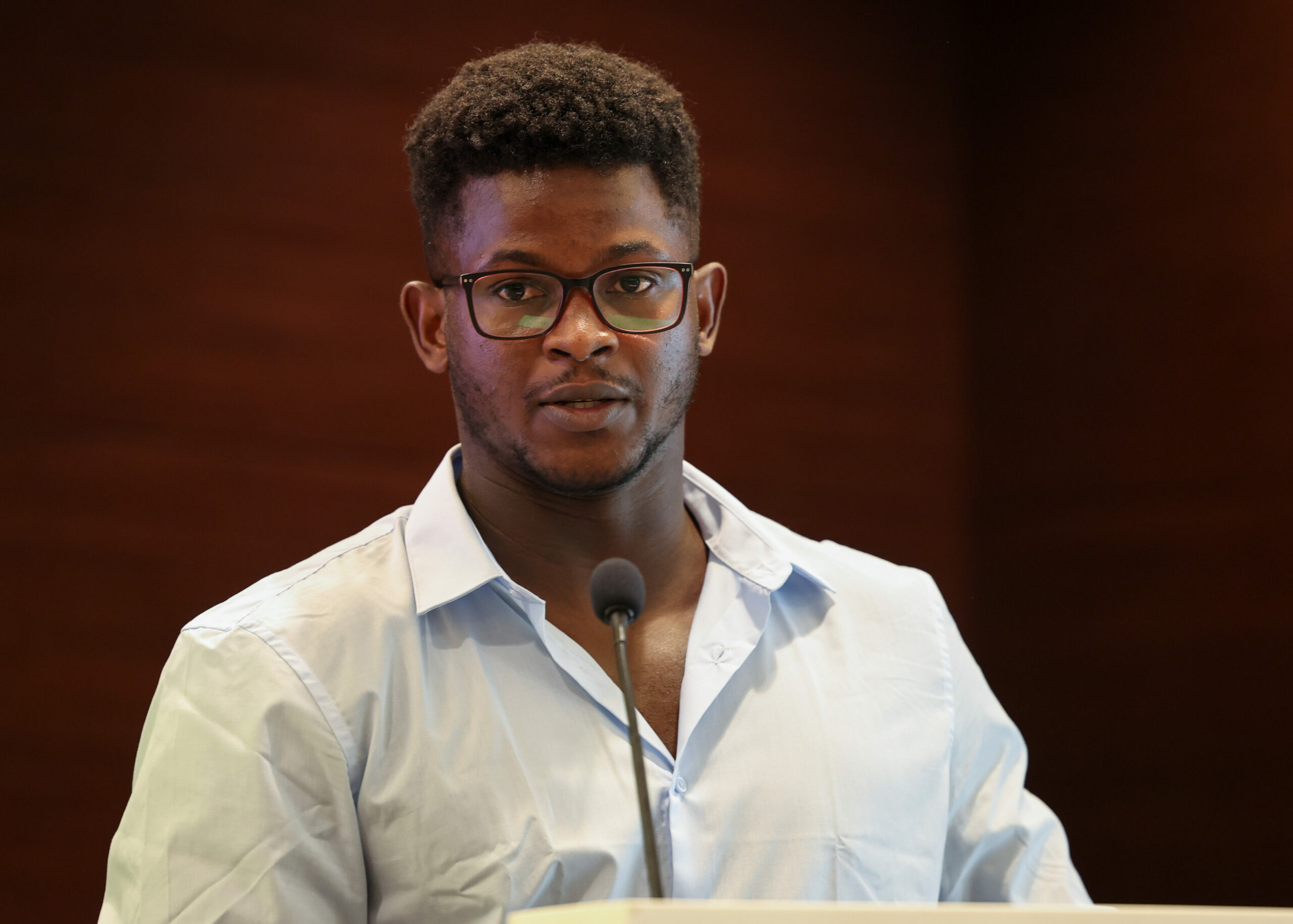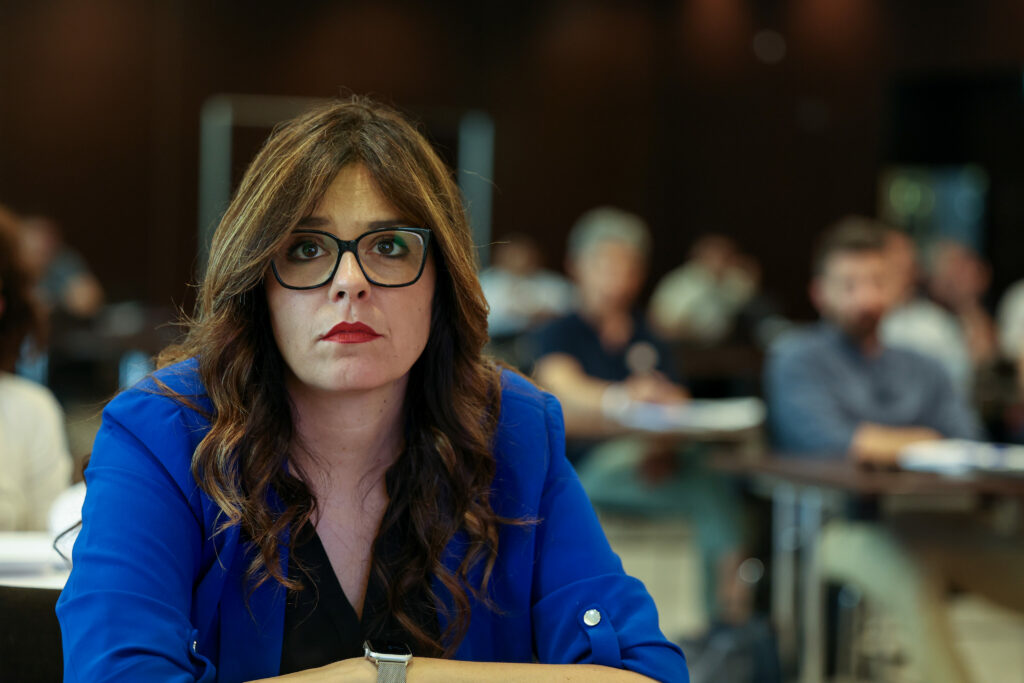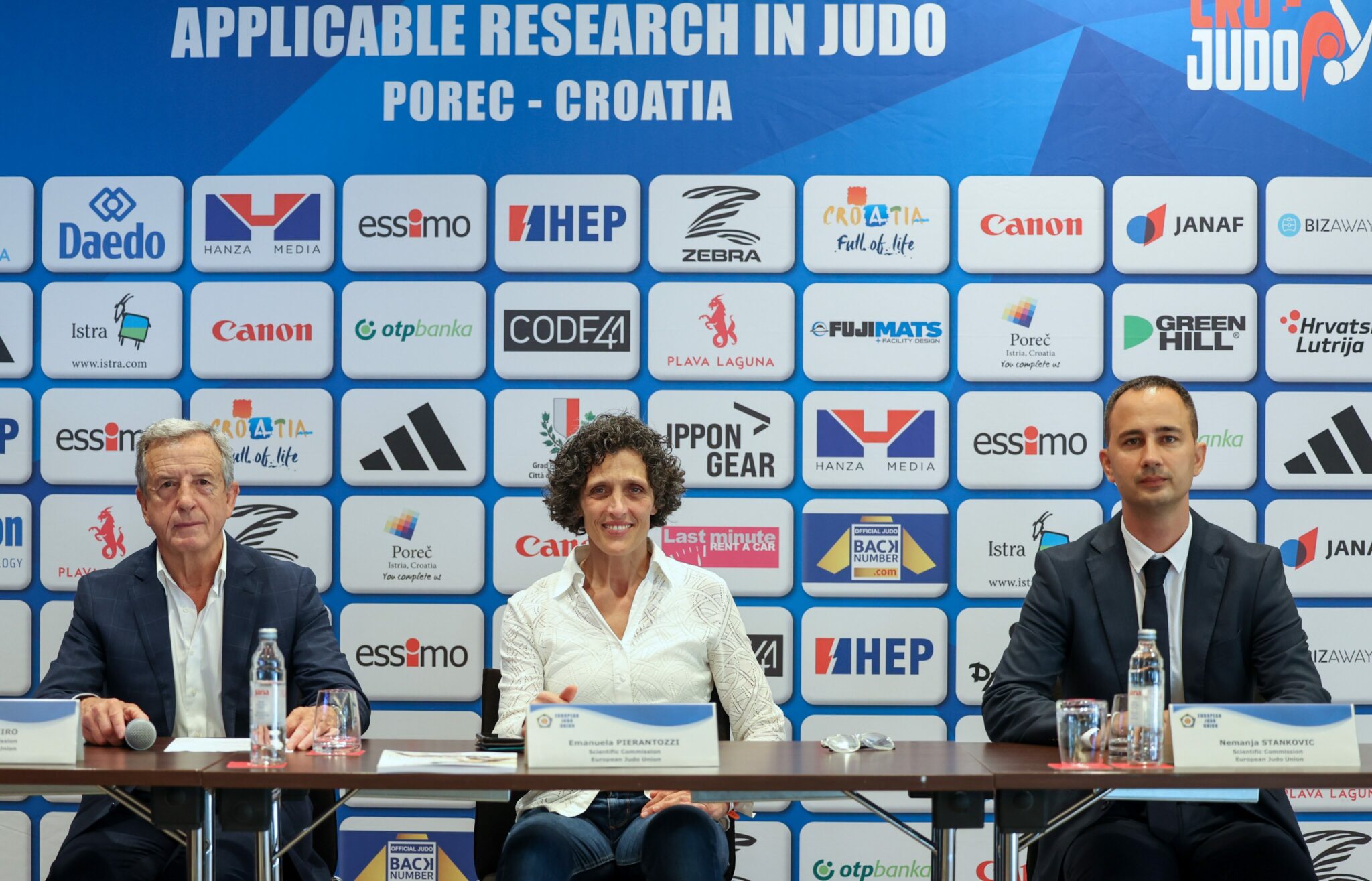The final phase of the opening day of the 7th Scientific and Professional Conference covered various studies in judo from veterans, referees, safeguarding, inclusion and more.

Danilo Dos Santos dived into exploring a study on the Demographic Characteristics Of Judo Athletes Participating In World Championships Veterans: A Descriptive Study. The objective of this study was to characterise the careers of athletes participating in the World Championships for Veterans (WCV). A total of 3,453 competitors (2,981 males and 472 females) were analysed according to the number of competitions in the Judo World Tour, World Championships for Veterans, Veteran Continental Championships, and age at first competition. The conclusion of this descriptive study highlighted that most athletes had their first world-level competition experience in the veterans category. Otherwise, athletes who participate in the WCV exhibited limited participation in major international events, including Grand Prix, Grand Slam, World Championships, or Olympic Games. This pattern underscores the importance of promoting the WCV as a viable transition opportunity for senior athletes post-career, particularly for older female athletes, which found limited participation at veteran competitions. Read more around this study via the following link [page 35-39].

Nicole Maussier shared the findings of the study on The Inclusion Of Autistic Children In School Through Judo And Karate: A Pilot Study. It has been documented that children with autism spectrum disorder (ASD) are frequently marginalised and are at an elevated risk of social isolation. This study involved 5 ASD children (n= 5 boys) between 6 and 10 years old who all partook in an inclusive judo (n=3) and karate program (n=2) at school with their classmates. Each program included 2 weekly sessions for a period of 12 weeks, with each session lasting 1 hour. This study analysed 3 different areas in autistic children: the level of autism, social compromising and gross motor skills. The conclusion showed that the improvements observed in ASD children had a significant impact on the social inclusion process, confirming the initial hypothesis of this study. The gradual disposition of classmates to interact with their peers and practice judo and karate together facilitated inclusion. The value of specialist training for coaches, which, with the support of psychologists with expertise in autism, enabled them to comprehend the requirements of children with ASD and adapt motor activities in an inclusive setting, was also emphasised. Read more around this study via the following link [page 117-122].
Presented research studies vol 3
| DEMOGRAPHIC CHARACTERISTICS OF JUDO ATHLETES PARTICIPATING IN WORLD CHAMPIONSHIPS VETERANS: A DESCRIPTIVE STUDY – Dos Santos Danilo F. C., Murasaki Juliana, Bonitch-Góngora Juan Germán, Franchini Emerson |
| AISE AND THE PROPOSAL OF JUDO AS A PARADIGM FOR EDUCATION – Silvia Crema |
| LONG-TERM DEVELOPMENT IN JUDO: A NEW APPROACH OF TEACHING JUDO FOR YOUNG JUDOKAS – Dom L., Lindekens T., De Maerteleire D., Sleeckx K. |
| THE ROLE OF THE GAME-BASED METHOD IN THE DEVELOPMENT OF COGNITIVE ABILITIES OF JUDO ATHLETES AT THE INITIAL STAGE OF TRAINING – Polevaia-Secareanu Angela |
| ANALYSIS OF MEDAL MATCHES IN HIGH LEVEL JUDO TOURNAMENTS – Bayram Ceylan, Furkan Öztürk, Nazmi Saritaş, Hasan Basri Taşkin, Şükrü Serdar Balci |
| THE INCLUSION OF AUTISTIC CHILDREN IN SCHOOL THROUGH JUDO AND KARATE: A PILOT STUDY – Nicole Maussier, Emanuela Pierantozzi, Angela Magnanini |
| CURRENT TRENDS AND PERSPECTIVES FOR JUDO IN JAPAN’S AGING SOCIETY – Maja Sori Doval, Akitoshi Sogabe |
| PRE-COMPETITION ANXIETY AMONG JUDO REFEREES – Nina Katuša, Adrian Motter, Nikola Marketin, Vedran Bajlo, Saša Krstulović, Goran Kuvačić |
| TO WHAT EXTENT ARE THE INTERNATIONAL JUDO FEDERATION SAFEGUARDING OR SAFE SPORT POLICIES AND PROCEDURES ABLE TO MEET THE RESPONSIBILITIES OF AN INTERNATIONAL FEDERATION – Nicholas Fletcher |
For more information on each topics please visit the following link.
Images: Carlos Ferreira
Author: Szandra Szogedi




